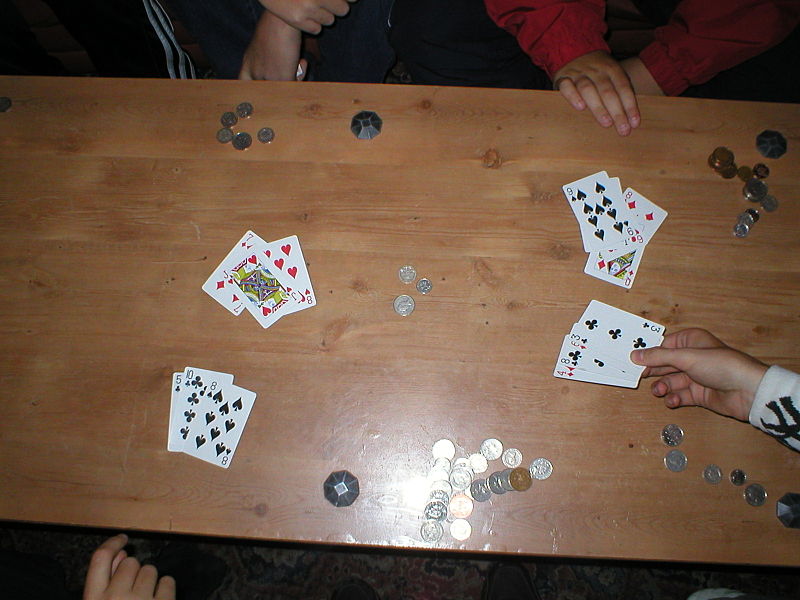
Repeated Games
Repeated games explain how cooperation between selfish players is created, thanks to the possibility of punishing a “bad” player in future plays of the same game. There are many folk theorems that explain this cooperation in various settings, but, they all ignore the risk attitude of the players. By generalizing the repeated games model to players that have ordinal utility functions, we can extend the folk theorems to players with different risk attitudes.
Publications and working papers
- "Repeated Games with Risk Averse Players": Yonatan Aumann and Erel Segal-Halevi. Working paper.
